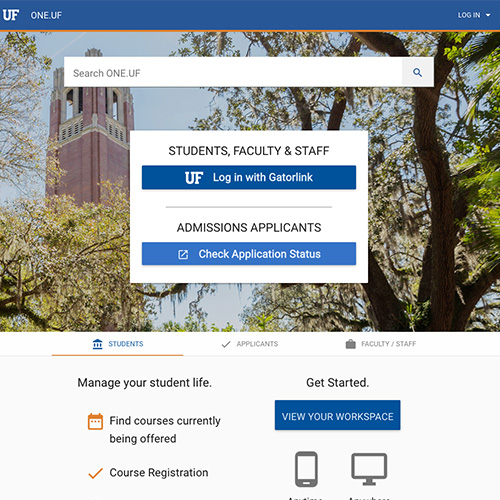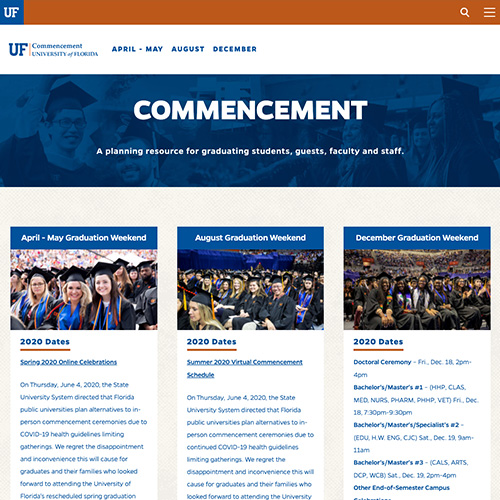FEAP 4c.- Uses a variety of assessment tools to monitor student progress, achievement and learning gains
Printable Version (.pdf)
|
UNSATISFACTORY |
DEVELOPING |
ACCOMPLISHED |
EXCEPTIONAL |
| The students complete a weekly fluency timing.
No pre-test or pre-assessment is given before the unit. Every assessment is in the same form/design. The teacher returns work, but no comments are made to the student about their progress. |
The students complete a weekly fluency timing and turn in their scores to the teacher.
The teacher asks the students to list five questions and predictions they have about the content. (M) During introducing the use of exponents, the teacher asks the students to hold up their red green or yellow card relative to their level of understanding. The students respond orally to spelling and vocabulary words when prompted by the teacher. |
After completing their fluency timing, the students record their score on their individual graphs.
The students are asked to compare their academic notebooks to find common areas of confusion or agreement. (M) Halfway through the unit, the students were explaining how the process of multiplying column addition and subtraction are similar. (M) The teacher watches the students’ podcasts discussing their feelings about Romeo and Juliet’s dilemma. The teacher passes out a guide for the upcoming test stating the type of items that will be presented and content covered. (D) |
After completing their fluency timing with their reading partner, the students record their scores on their individual graphs and give each other high five to celebrate their progress.
Tina reads her feedback noting her progress on the scales that were designed for the learning goals. (M) Students are asked to write samples from the beginning and middle of the year. (D) When presenting new content, the teacher notes on a class list which students seem to be confused. (D)
|
Where noted, examples based on:
“(D)” – Danielson C. (1996). Enhancing professional practice: A framework for teaching.
Alexandria, Va: Association for Supervision and Curriculum Development.
“(M)” – Marzano, R. J. (2007). The art and science of teaching: A comprehensive
framework for effective instruction. Alexandria, Va: Association for Supervision and Curriculum Development.
Resources:
http://www.teach-nology.com/currenttrends/alternative_assessment/
http://classweb.gmu.edu/ndabbagh/Resources/IDKB/assess_techniques.htm
http://www.everythingesl.net/inservices/judith2.php
http://help4teachers.com/accountability.htm
http://www.studentprogress.org/weblibrary.asp#tools
http://mdk12.org/process/student_achievement/Monitor_Student_Progress.html




